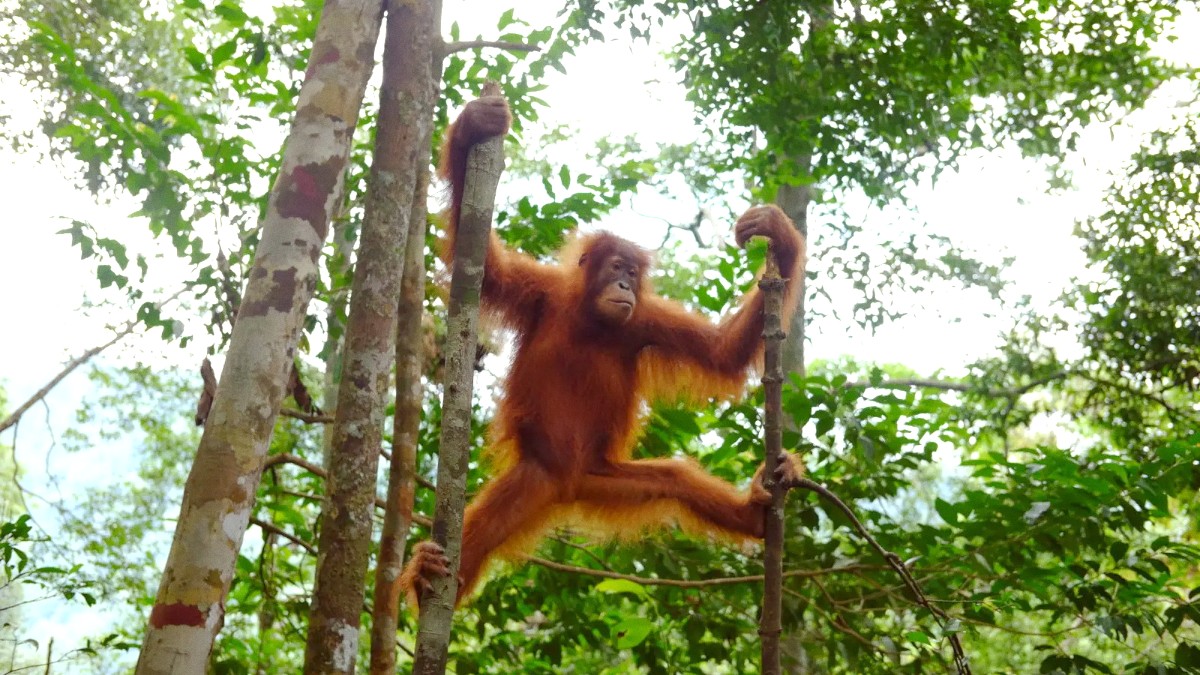
Sumatra, Indonesia
Opt for lightweight, breathable, quick-drying fabrics. Synthetics (polyester, nylon) or merino wool are superior to cotton. Cotton absorbs moisture, becomes heavy when wet, and takes a long time to dry in humidity.
Dressing modestly shows respect in Indonesia, a predominantly Muslim country. For women, shoulders and knees should ideally be covered when out of guesthouse areas. Loose-fitting clothing is preferred for comfort and cultural appropriateness.
Sturdy, Waterproof hiking shoes with good ankle support and excellent grip are highly recommended. Alternatively, quick-drying Trail running shoes also work.
Sandals or flip-flops offer comfort and are easy to remove when entering rooms or guesthouses. These are ideal for casual wear.
Water shoes or old sneakers that can get wet and provide grip on slippery rocks are useful for river tubing or bathing in the Bahorok River.
Organized and secure documents prevent travel complications. Have both physical and digital copies.
Power needs and connectivity facilitate staying in touch and navigation. The jungle environment demands some protective measures for your devices.
Capture your journey and navigate easily with these tools. Protection for your devices is important due to the humid and potentially wet environment.
Bring plenty of spare batteries and memory cards, as charging opportunities are limited during treks.
A Telephoto lens is useful for wildlife, but balance with weight for trekking (if bringing DSLR/mirrorless).
Grab or Gojek are useful for ride-hailing/food delivery in Medan/Binjai, not Bukit Lawang village.
A well-stocked Personal first aid kit and appropriate health items are important for a jungle environment.
Bring a sufficient supply of prescription medications, keeping them in original packaging with pharmacy labels. A doctor's note is useful for controlled substances.
A small Daypack (20-30L) is useful for carrying water, snacks, camera, first aid, and a light jacket.
For overnight treks, a Sleeping bag liner provides added comfort and hygiene. Guides usually provide sleeping bags and mats.
Some specialty items enhance your experience or comfort in the jungle environment.
Small items can add significantly to your comfort and security during your trip.
Embrace sustainable travel and be prepared with locally relevant items.
Especially with DEET/Picaridin.
If you have specific preferences.
Specific boots, poles, etc.
Bring enough for your entire trip.
Consider packing cubes to organize your clothes and maximize space, especially for jungle-appropriate attire.
Keep a small emergency kit in your daypack with immediate essentials.